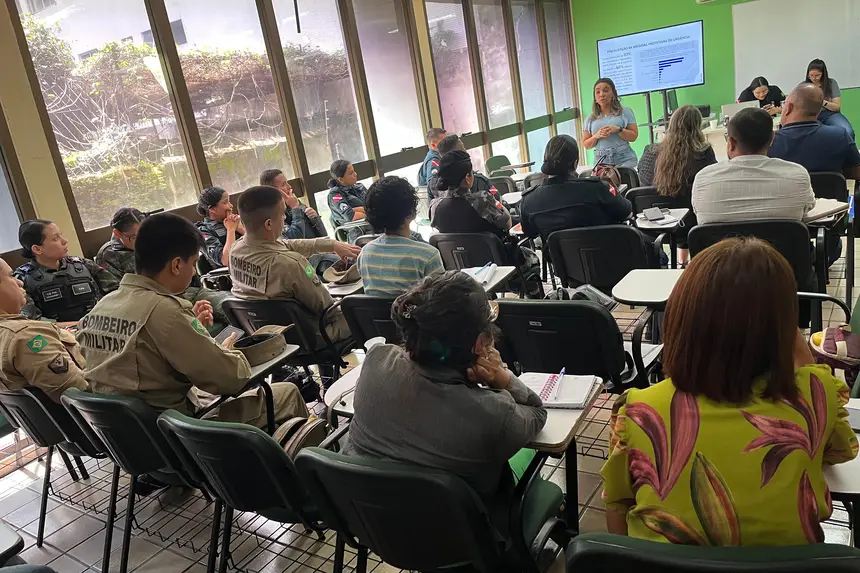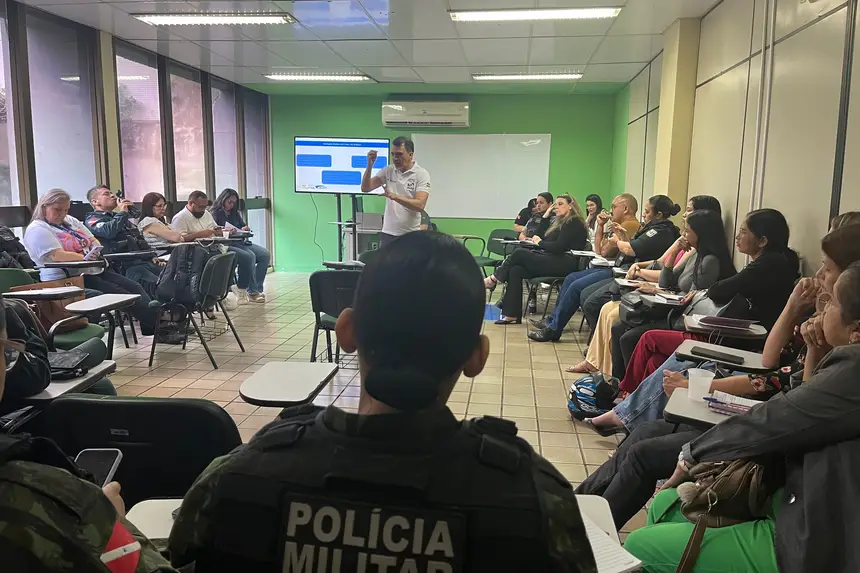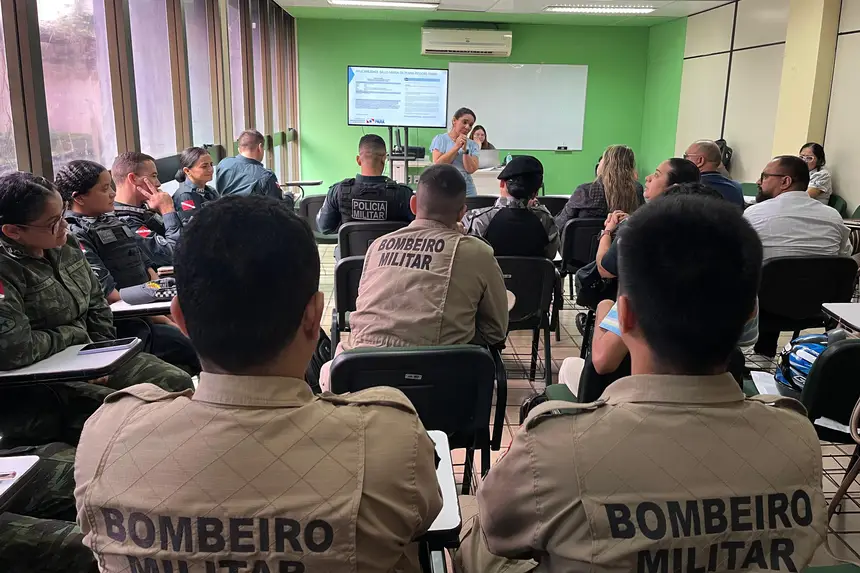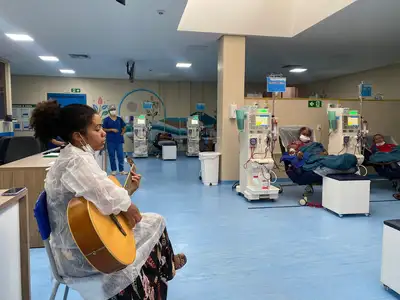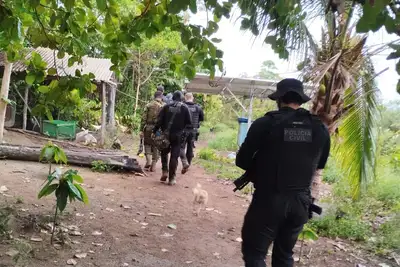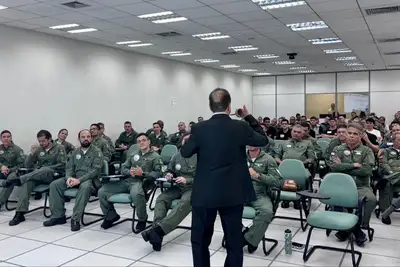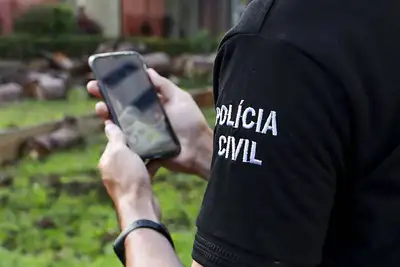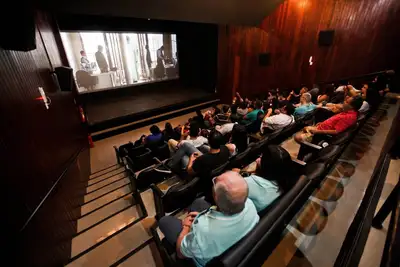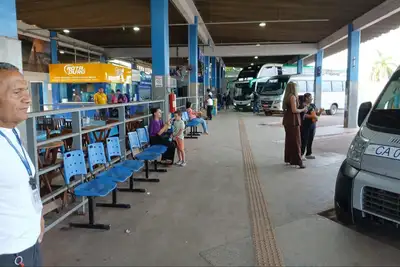Segup trains agents and protection network for assistance to vulnerable groups in Belém
Training seeks to better prepare and sensitize to the needs of vulnerable groups
To further improve the service provided by public security agents in Pará and the protection network, the Secretary of Public Security and Social Defense (Segup), through the Directorate of Public Policies and Social Prevention (DPS), conducted training for 39 public servants linked to the assistance of vulnerable groups who are victims of violence. The initiative took place at the State of Pará Public Governance School - EGPA, in Belém.
The training started on Monday (19) and ended on Tuesday (20). It included staff from the Military Police of Pará, Fire Department of Pará, Secretary of Penitentiary Administration (Seap), Municipal Health Secretary, Municipal Secretary of Education, Science and Technology, Municipal Secretary for Women, Municipal Secretary of Citizenship, Social Assistance and Human Rights, Municipal Secretary of Government, and the Papa João XXIII Foundation (FUNPAPA).
The head of Public Security in the State, Ualame Machado, emphasizes the importance of the training, humanizing and improving the reception of victims.
“We live in a diverse society, where different groups face specific challenges that require a sensitive and specialized approach from security forces. Children, adolescents, women, the elderly, people with disabilities, LGBTQIA+, and homeless individuals are just a few examples of groups that, due to their particularities, need differentiated assistance. We believe that investing in the ongoing training of our agents is essential to ensure the protection and respect for the human rights of all citizens,” he highlighted.
Awareness - The training involves various themes, such as the history of crime and violence, human rights, concepts, causes, types and legislation, and the Maria da Penha law and the femicide law, promoting knowledge expansion and a protocol for action.
For the municipal social worker, Rosa Daibes, the exchange among the various types of agents focused on vulnerable groups contributes to a robust joint action. “We need to ensure that this network is connected for any type of situation we may encounter in our services; we need to know where to direct. And the event we are participating in is of extreme relevance. When public security calls us to make this connection, to understand, this exchange of knowledge where everyone can share their experiences, add, etc.,” she mentioned.
For the military firefighter, soldier Alex Varela, who primarily assists children, women, and the elderly, the exchange with other institutions helped clarify action protocols.
“We came here, especially regarding children, women, the elderly, and, well, there were many situations relayed by psychologists, by firefighters, by the police, by the military, that many of us did not know. And when we share this information, we all become aware and learn more about how to act in certain situations, how to deal with people, how to handle those specific groups of people. This is a better way to connect all of us to the point of providing an essential service,” he pointed out.
This was the second class of the year in 2025. The next training for security agents and the protection network will be in Bragança at the end of May. There will also be classes in Ananindeua, Itaituba, Santarém, Marituba, and again in the capital later this year.


